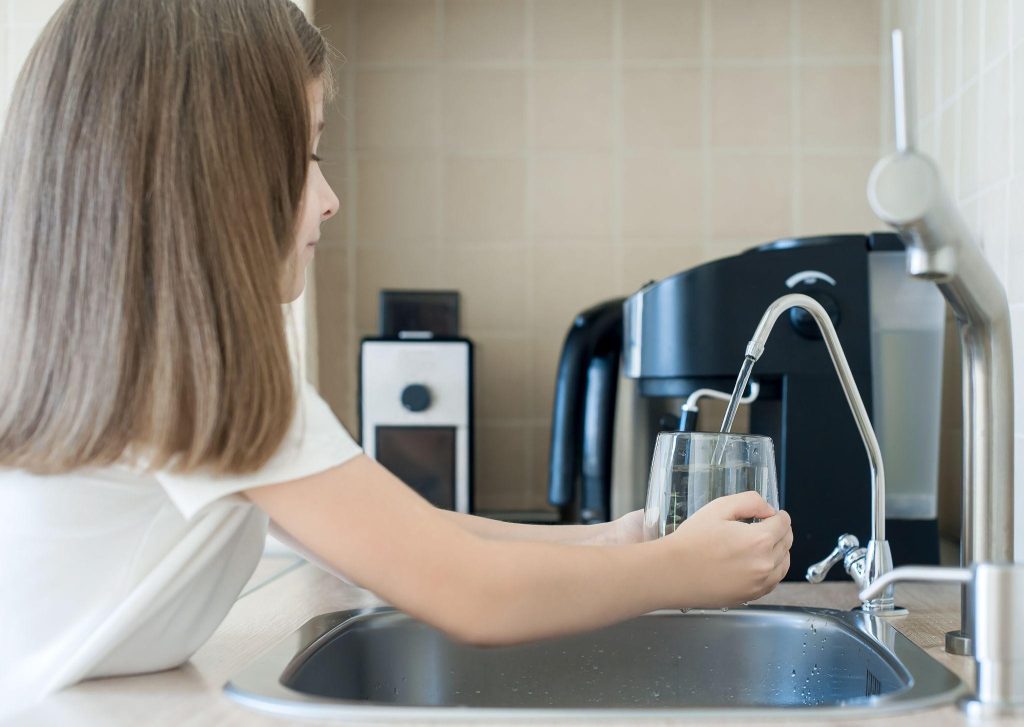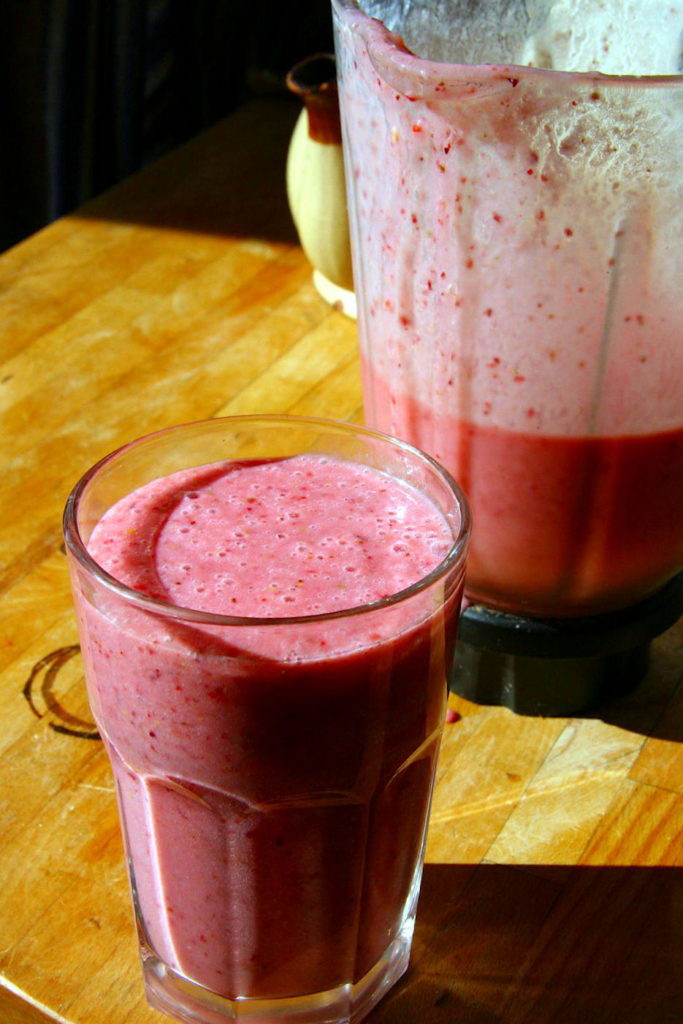As our planet grapples with escalating plastic pollution and acute water scarcity, the debate over choosing bottled or filtered tap water gains prominence. These choices aren’t just about preference—they impact our environment profoundly. By understanding the ramifications of consuming bottled water versus opting for filtered tap water, individuals can make informed decisions that contribute to environmental sustainability. Factors such as environmental, economic, and health impacts weigh significantly in this decision-making process. Believe it or not, personal decisions regarding water consumption can collectively foster a greener planet.
Understanding the Life Cycle of Bottled Water
The journey of bottled water—often overlooked—begins with its manufacturing process. Plastic bottles are produced using petroleum, a non-renewable resource, and the energy consumption is considerable. This energy-intensive process results in substantial greenhouse gas emissions, contributing to climate change. Following production, distribution involves transporting bottled water over long distances, further amplifying the carbon footprint.
Once consumed, these bottles present significant waste challenges. While recycling is an option, logistical challenges mean many bottles still end up in landfills or even worse, our oceans. The environmental costs of bottled water don’t just stop at production; they persist through disposal, making the overall footprint alarmingly extensive.
The Ecological Footprint of Filtered Tap Water
On the other hand, filtered tap water stands as a more sustainable option, though not without its own environmental considerations. Various filtration systems, ranging from activated carbon filters to reverse osmosis units, exhibit differing levels of energy use. Nevertheless, their collective energy consumption tends to be lower than the bottled water lifecycle.
The impact of producing and disposing of filter cartridges is notable but manageable. Filters, often composed of plastic and other materials, add to waste, but their environmental impact pales compared to single-use plastic bottles. Furthermore, water wastage during the filtration process is minimal, especially when contrasted with the resource-heavy production of bottled water.
Switching to filtered tap water significantly reduces the need for single-use bottles, presenting an opportunity for considerable environmental savings. By adopting domestic filtration systems, the reliance on transporting water diminishes, lowering associated emissions.
Economic Impacts of Bottled vs Filtered Tap Water
From a cost perspective, the contrast between bottled and filtered tap water is stark. Consumers often find themselves spending more on bottled water, a short-term burden that accumulates into a substantial long-term expense. The hidden costs associated with bottled water include subsidies for production, environmental damage, and the exorbitant waste management costs incurred by municipalities.
Conversely, investing in a filtration system may have a higher upfront cost, but the long-term savings can be significant. For example, understanding how a whole house filter can save you money highlights just how much you can cut back on repeat purchases of bottled alternatives while also reducing waste. With less frequent purchasing, transport, and disposal, filtered tap water proves more economical.
Additionally, reliance on bottled water can strain municipal water supplies and inflate infrastructure costs. By promoting the use of filtered tap water, local governments can alleviate some pressure on public water systems, optimising infrastructure expenditure.
Health Considerations: Bottled Water vs Filtered Tap Water
Quality assurance forms a crucial part of the bottled vs filtered tap water debate. Both undergo stringent safety regulations to ensure they are free from harmful contaminants. However, potential issues exist. Bottled water, over time, can leach plastic compounds into the liquid, presenting long-term health risks. On the flip side, not all filtration systems effectively eliminate contaminants, necessitating careful selection.
Nutritionally, water sourced from taps often contains beneficial minerals absent in many bottled alternatives. While taste remains a subjective matter, some prefer the distinct taste of specific bottled brands, although modern filtration systems have greatly improved the taste of tap water.
Public perception can be influenced by transparent labelling and source disclosure. Trust in the source can overshadow actual quality, steering consumer choices based on perceived safety rather than verified statistics.
Making an Environmentally Conscious Choice
Reducing bottled water consumption begins with simple, actionable steps. Opting for reusable bottles, advocating for better local water infrastructure, and supporting businesses that promote tap water usage are practical measures. Selecting the right water filtering system depends on individual needs and environmental priorities, considering both performance and ecological impact.
Community initiatives play a vital role in encouraging sustainable water use. Local campaigns and educational programmes can amplify the importance of eco-friendly water choices, fostering wider societal change. Encouraging public policy adjustments can further support sustainable behaviours.
Choosing the Smarter, Greener, and More Cost-Effective Option
Switching from bottled to filtered tap water isn’t just an eco-conscious move—it’s a financial win and a step toward healthier living. By reducing plastic waste, lowering your household expenses, and maintaining access to clean, great-tasting water, you can make a difference that benefits both your wallet and the planet. Small changes at home, when multiplied across communities, have the power to create meaningful environmental impact. Now is the perfect time to make the switch and lead by example, proving that sustainability and savings can go hand in hand.



